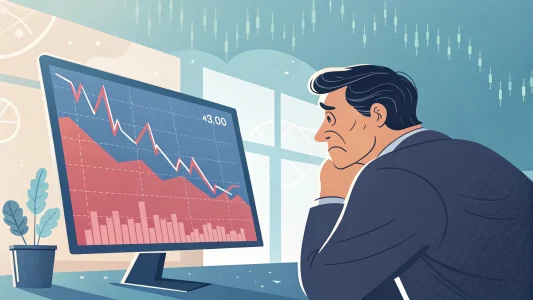One of the items that many of us overlook when planning our finances or our businesses is liquidity. Too often, we don’t stop and think about how accessible our money is, or how we can quickly free up room to get more money.
However, as an entrepreneur, and someone with a variable income, I know the importance of liquidity in smoothing my cash flow and ensuring that I can live the lifestyle I want while making sure my business remains viable.
How Liquid are Your Assets?
Review your assets. How liquid are they? I keep the bulk of my emergency fund in a taxable investment account. While this helps me in terms of putting my money to work for me instead of having it earn a low yield, it also means that I have somewhat limited liquidity. I can’t just withdraw the money; I have to wait a few days for sale transactions to settle and for the money to transfer.
As a result of this, I started a more traditional account where I keep three weeks’ worth of expenses. Now, if I have an emergency and need immediate cash, I have access to money that can hold me over until I can liquidate some of my other assets.
My tiered system allows me to grow my wealth better while at the same time helping me maintain liquidity and instant access to money when I need it.
Credit and Liquidity
Another consider is how you can increase your liquidity even when you don’t have immediate funds. How can you free up more money for your use?
When you are starting a business, you might not have a lot of spare cash lying around, even if you have begun an emergency fund. This is where credit and financing can help you increase your liquidity. There are a lot of options today when it comes to funding your business, including traditional loans, P2P loans, student loan refinancing or consolidation (to help lower your payments and free up some cash), and crowdfuncing.
A few years ago, due to the automated nature of my finances and bills, I got a personal line of credit from my bank. It’s connected to my checking account. If a client pays late, or there is some other issue, the line of credit automatically kicks in, transferring the money into my checking account to cover automatic withdrawals for things like insurance and housing. I can then pay off what was charged before interest accrues. This type of liquidity helps me smooth my cash flow and reduces the stress of having a variable income.
I also like to have the line of credit and other liquidity options available to me for other purposes. I could have reduced my savings to pay for my move and divorce last year, but I instead used some savings, and then a personal loan for the rest. The same is true of my recent injury and tax situation (hooray for no longer being able to file jointly). Setting up a payment plan with the hospital makes more sense for me, since the interest rate is low and I am not interested in depleting everything all at once to deal with the pile of unexpected expenses I have right now.
Carefully look at your liquidity situation. If you have built good credit, and if you plan ahead, there is a good chance you have more options than you think when it comes to accessing the funds you need.
















